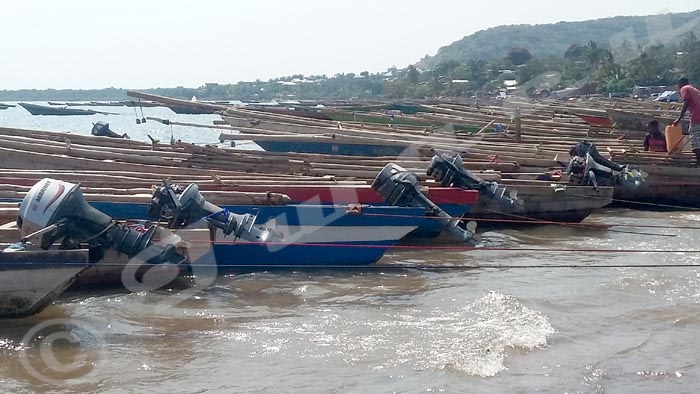
Rumonge port: Some fishermen lack petrol to run their engines
Oil price increase is affecting fishing which is already less productive due to fish catches decline. The scarcity has compelled authorities to restrict oil procurement by fishermen to curb speculation. The constraints are nonetheless ineffective and worsen the fishing conditions.
The cut in fuel supply is seriously detrimental to fishing, an occupation that heavily relies on oil. The lack of oil coinciding with the prevailing severe reduction in fish catches makes fishing, a once very profitable occupation, one of the least fruitful activities. The ‘crop’ in Lake Tanganyika has seriously diminished. The recent rise in fuel price has worsened our situation”, says François Butoyi, 68, an owner of two fishing catamarans and deputy-president of Muguruka fishing port Fishermen’s Committee .
To fight against oil speculation, officials have adopted a series of measures. Oil transportation in cans, the favourite means of traffic by speculators, has been prohibited. But the ban has been lifted for fishermen whose sole means to carry oil is with cans. “We have asked and were granted permission to use cans. We can’t carry our boats to the petrol stations to fill our engines”, says Gabriel Butoyi, the chairman of the Federation of Fishermen and Fish Suppliers in Burundi. Additionally, fishermen must have a document of recognition by the Federation to present at oil stations. However, these restrictions do little good. In fact, any measure that does not reduce oil prices offers little immediate help because fishing is already in a mess.
Furthermore, the regulations limit potential opportunities of good catches. In their practice, fishermen are willing to sail any distance or port in hunt for good fishing opportunities. The limit of the quantity of oil per boat makes that practice impossible. Fishermen have to be careful in their use of oil. This means fishing at short distances where, unfortunately, catches are rarely good in Lake Tanganyika. The allowed quantity per boat is 30 or 40 litres per boat.
Speculators always find their way around the regulations. “Some are using cars to get stocks of oil. They go to pumps, fill their tanks, empty them and go to other stations. Those acquainted with oil station attendants can get more” reveals one fisherman. “Last time, I was at the station from 9 am, it was not until 3 pm that I was served while some who came after me were served before. A well-known person is said to have got oil of BIF 700.000 to sell at other ports”, reveals H.B. “Sometimes we are told there is no petrol because they want to sell it at night. The new regulations are useless. They can’t stop corruption”, complains H.B.
The recognition document may be useless. July 26 illustrated this. Around 3 pm, almost all pumps run dry. Fishermen rushed from one station to another to be told there was no drop. “Many could get it, but others not”, says chairman Butoyi. The same thing happened the following day. Some could not fish.
The prevailing lack of oil is the consequence of the increasing foreign currency scarcity that has reduced the import of oil and other products. The new procedures of getting petrol by fishermen were recently issued by the Ministry of Energy and Mines to fight against speculation given that the fishing sector is one of the sectors that use oil the most. Unfortunately, those regulations are not helping much the sector that provides a living for about 100, 000 people and is the source of a third of animal proteins in Burundi.


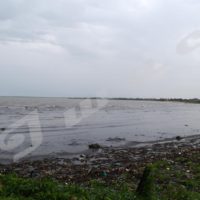
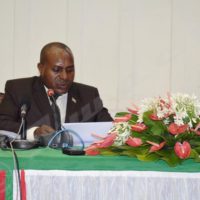
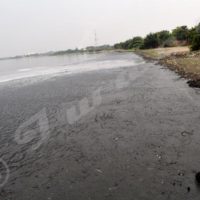
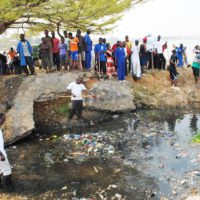













 IWACU Open Data
IWACU Open Data

